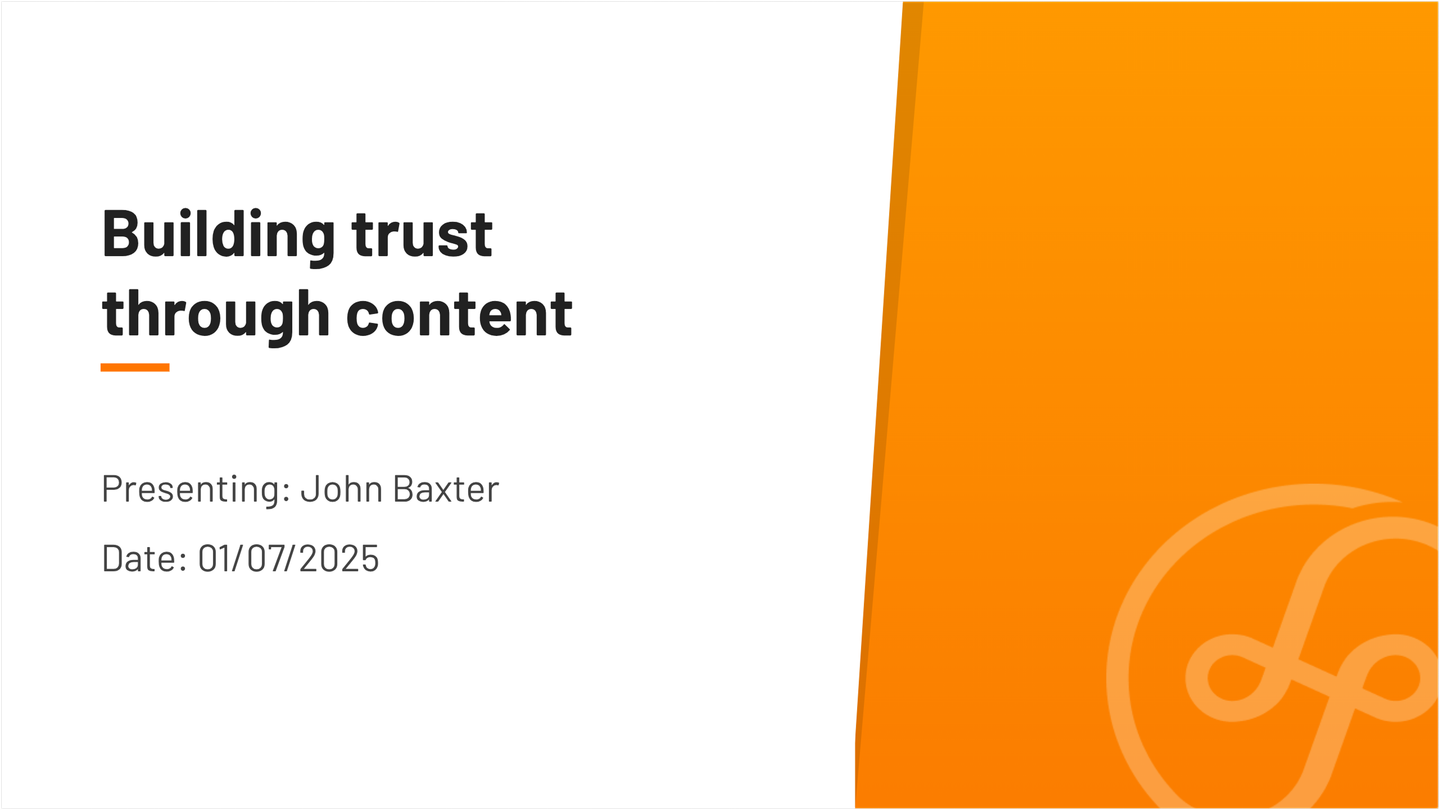On Thursday 13th November, over 700 SEOs from around the globe descended on Barcelona for two days of talks, workshops and to chew the fat with fellow SEO nerds.
Unsurprisingly, a whole track was devoted to AI Search, giving us the chance to join the latest conversations. Plus, we made cool new connections during the coffee breaks, and learnt from some of the sharpest minds in the industry during the other three tracks.
Here are our key takeaways from ISS25...
1. SEO is now 'Search Experience Optimisation'
SEO is shifting toward Search Experience Optimisation as LLMs change how users search and interact with results. With zero-click answers becoming the norm and Chat GPT and Perplexity launching their own browsers Atlas and Comet, the way we search and therefore approach SEO is about to completely change. Exciting times!

2. UX and SEO really go hand-in-hand
One of the big takeaways from the post-lunch session was how closely SEO and user research need to work together. Sanja Markovic from Webcertain showed how search behaviour is shaped by cultural, environmental and economic factors that vary widely from country to country. Looking at user behaviour is essential for building SEO content strategies that actually match what users in each market are looking for.

3. If AI doesn’t understand your brand, no one will
The panel session came up with a lot of interesting points, but as an agency, this one resonated with us the most: a strong and consistent brand reputation is becoming essential. Building a clear and trusted brand presence, supported by social proof, shapes how AI systems interpret and represent you.
And, as LLMs rely on consensus, the more consistently your brand appears across trusted sources, the more likely it is to be surfaced. So, your brand is no longer defined by what you say or even what others say. It is defined by how AI understands you. That makes brand identity and creativity more important again!

4. Create content for LLM multi intent searches
SEO guru Mark Williams-Cook explained that LLMs do not follow a simple single intent journey, they interpret multiple needs at once. Users might be researching, comparing options, or ready to take action, and AI systems blend these intents together when generating answers.
So, your content needs to be flexible enough to support different stages of the journey, offer context for varied user scenarios, and present information in multimodal formats that LLMs can easily surface, like text, images, video, audio and structured data. Noted!

5. Measure what actually matters in AI search
Another nice tip from Mark Williams-Cook was that vanity metrics such as number of prompt citations or AI mentions aren’t what you should be focusing on. They don’t correlate with conversions or business impact. Stakeholder panic over not appearing in an AI model’s responses isn’t a good reason to rewrite your KPIs.
The metrics that actually matter are AI-originating traffic, shifts in query behaviour, and how well your content performs in AI-driven overviews, not how often an LLM name-drops you. He also mentioned using Waikay as a tool for tracking brand visibility - which we are already using. Hurrah!

6. Hreflang is still breaking more sites than it should
This one is for the technical SEOs out there. Dan Taylor from SALT Agency reminded us that hreflang remains one of the most common international SEO fails. Incorrect mapping, missing return tags, duplicate URLs, template errors and CMS limitations can quietly break entire setups. His message was simple; treat hreflang as a core technical asset, give it proper ownership, and audit it regularly, because even small inconsistencies can undermine all your international SEO efforts!
And that's your lot. We had a great day and absorbed absolutely loads, thanks to International Search Summit for getting the SEO heavy hitters together in one place. Roll on ISS 2026!
Got any SEO questions? Get in touch!








